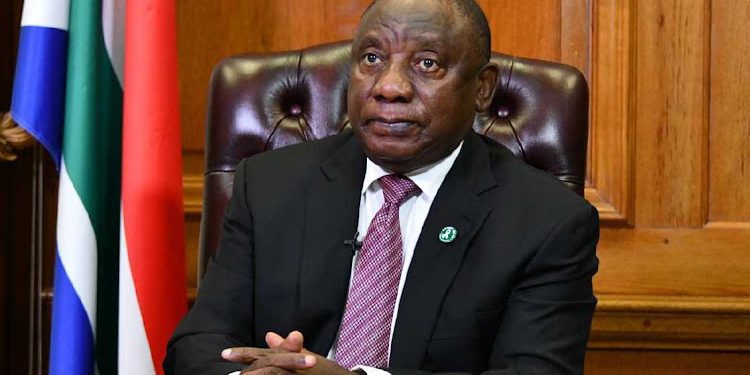Omicron COVID-19 variant forces flight cancellations, border closures
Omicron, a new variant of the COVID-19 identified in South Africa last week, has led to flight cancellations, border closures, and institution of new COVID-19 protocols by many countries around the world.
The seven (7) southern African countries affected by flight cancellations include: Botswana, Eswatini, Lesotho, Mozambique, Namibia, South Africa, and Zimbabwe.
South African President, Cyril Ramaphosa, clearly unhappy about the turn of events, says he is “deeply disappointed”.
He said the cancellation of flights to South Africa and border closures to South Africans by countries around the world is “Unjustified and unfairly discriminates against South Africa and other sister southern African countries.”
The United Arab Emirates (UAE) has suspended inbound and transit flights from Botswana, Eswatini, Lesotho, Mozambique, Namibia, South Africa, and Zimbabwe effective today, Monday November 29, 2021.
Outbound passenger flights from Dubai, however, are permitted. Cargo freighter operations between the countries listed and Dubai are also permitted.
On the part of the UK, though they admit that more data is needed to truly comprehend the Omicron variant, it added six African countries to the red list as a precautionary measure.
Flights between the UK and the six countries— South Africa, Namibia, Lesotho, Eswatini, Zimbabwe and Botswana—are, therefore, temporarily banned, and UK travelers must quarantine.
Israel has also closed its borders to foreign travelers for two weeks.
RwandAir last week served notice that it has, with immediate effect, suspended flights to and from Johannesburg, Cape Town, Lusaka, and Harare until further notice.
Read This: The COVID-19 pandemic; a good or a bad case for travel insurance?
On the part of Malawi, Effective Dec 1, 2021, everyone must present a vaccine certificate as a condition of entry. Without it, the traveler will have to be vaccinated on the spot at the border or airport.
Foreign passengers who refuse will be denied entry and Malawians will be placed in 10-day institutional quarantine. This measure is in addition to its exiting PCR tests 72hrs in advance of entry, and a new regime of rapid antigen tests at the airports/border posts as well.
Follow the science, don’t panic
South African medics have moved to calm fears, saying it was too early to begin to impose travel restrictions.
Angelique Coetzee, the chairwoman of the South African Medical Association, told the BBC that: “It’s a hasty decision. ‘I would understand if it was two weeks later and we knew much more about this viral infection that is going around, this mutation. But for now, it is a storm in a tea cup, we have only become aware of this viral mutation in the last week.”
‘So far what we have seen are very mild cases, so I’m not sure why we are all up in arms,” she added.
The World Health Organization also called for borders to remain open. “WHO stands with African nations and calls for borders to remain open. As countries impose flight bans on southern African nations due to concerns over the new Omicron Variant, WHO urges countries to follow science and health regulations,” the WHO said in a tweet.








